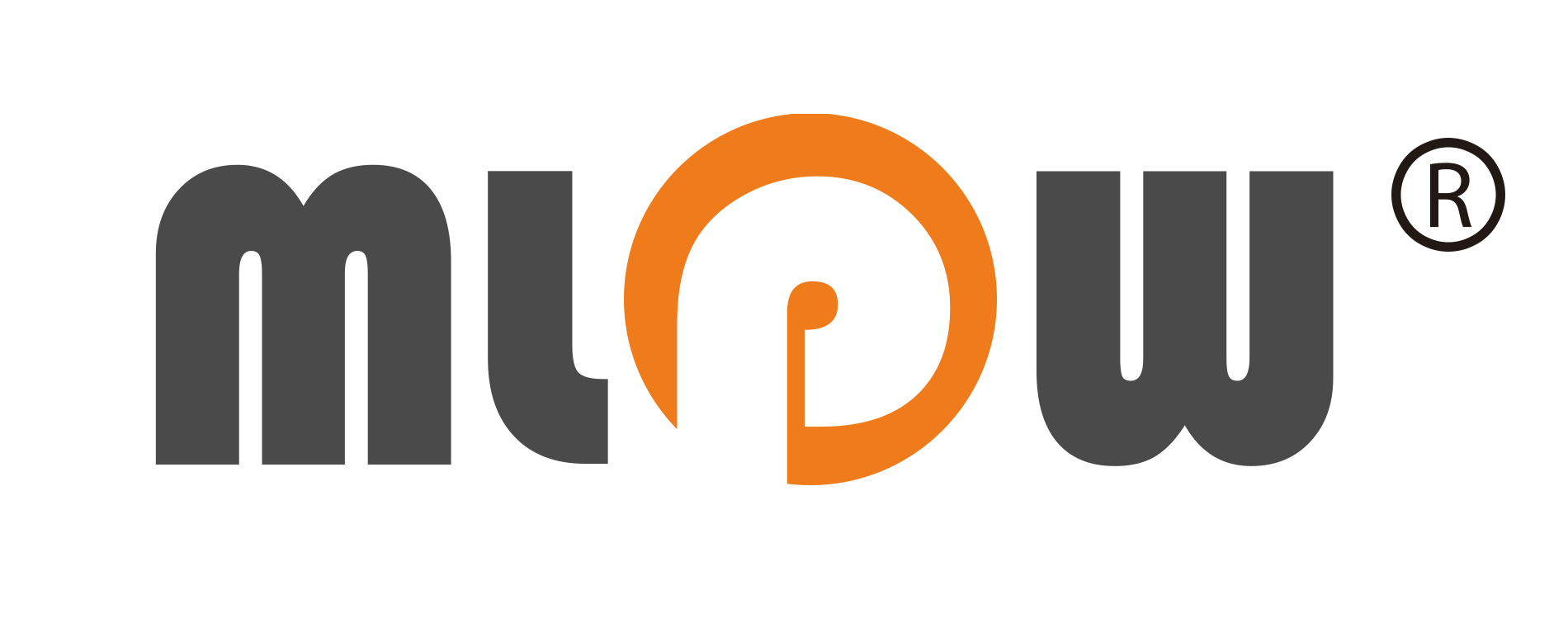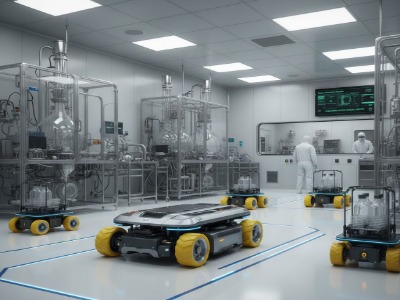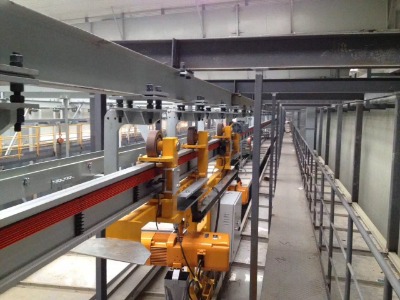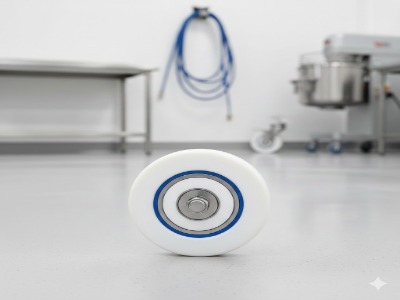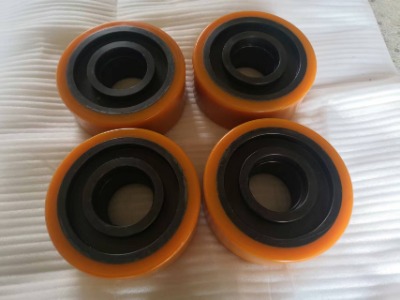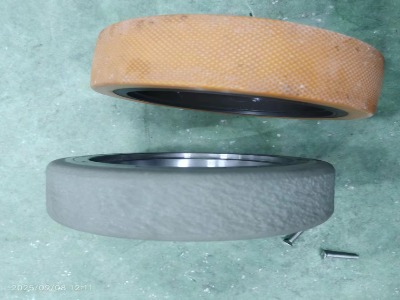In highly automated and lean automotive manufacturing plants, polyurethane wheels are not components of the vehicle itself. Instead, as core elements of various mobile equipment and tooling fixtures, they are essential for ensuring that production lines operate efficiently, flexibly, and safely. Their application permeates every corner of the four major production stages: stamping, welding, painting, and final assembly.
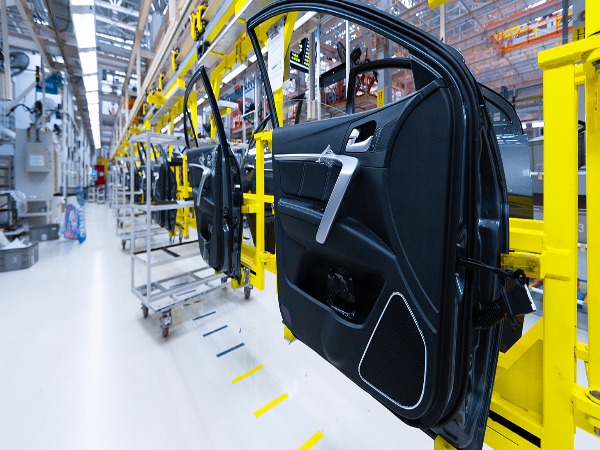
Core Advantages: Why Polyurethane Wheels Are the Preferred Choice in Automotive Manufacturing
Within the demanding environment of automotive manufacturing, polyurethane wheels demonstrate irreplaceable superior characteristics:
1. Exceptional Load Capacity and Wear Resistance: Polyurethane offers extremely high load-bearing capabilities, with wear resistance far exceeding that of standard rubber. It can withstand long-term rolling and abrasion from heavy components, jigs, and robotic tracks, resulting in a significantly extended service life.
2. Non-Marking and Cleanliness: Polyurethane wheels are typically light-colored or custom-dyed and do not leave difficult-to-remove black scuff marks on floors during operation. This is crucial in areas with stringent cleanliness requirements, such as paint shops.
3. Superior Chemical and Noise Resistance: Polyurethane wheels exhibit good resistance to oils, most chemicals, and metal shavings. Simultaneously, their inherent elasticity provides excellent shock absorption and quiet operation, improving the overall working environment.
4. High Hardness and Low Rolling Resistance: Polyurethane wheels have high hardness and minimal deformation, making it easier to push heavy equipment. This aligns with ergonomic principles and enhances operational efficiency.
Specific Applications Across the Four Major Production Stages
Stamping Shop
1. Die Transfer Carts: Massive stamping dies, weighing dozens or even hundreds of tons, are moved, positioned, and changed using die transfer carts equipped with heavy-duty polyurethane casters. Their high load capacity and durability form the foundation for safe and rapid die changes.
2. Sheet Metal Racks and Material Carts: Carts used to transport steel coils or finished stamped parts require casters capable of withstanding significant impact loads, making polyurethane wheels the optimal choice.
Welding (Body-in-White) Shop
1. Welding Fixtures and Trolleys: Various precision jigs and positioning trolleys required for welding the body-in-white rely on high-precision polyurethane wheels to achieve flexible movement and accurate positioning. This ensures production line flexibility and enables multi-model production on the same line.
2. Robotic Rails and Bases: Ground rails and mobile bases for welding robots often utilize specially designed polyurethane wheels or guide rollers to guarantee smooth and precise robot motion.
3. Body Carrier Skids: In automated conveyor systems, skids carrying the body-in-white use durable polyurethane wheels to run smoothly along tracks, traversing the entire welding process.
Painting Shop
1. Cleanroom-Grade Applications: The paint shop has extremely high cleanliness standards, as any dust or contamination can compromise paint quality. Polyurethane wheels used here must be specifically engineered to be non-shedding and particle-free, preventing particulate contamination.
2. Paint Masking Trolleys: Trolleys used to transport doors, hoods, and other components for individual painting require clean, smooth-rolling wheels.
Final Assembly Shop
1. AGVs (Automated Guided Vehicles): Numerous AGVs in the final assembly area transport engines, dashboards, seats, and other components. The drive wheels and swivel casters of these AGVs commonly use high-performance polyurethane wheels to ensure stable, quiet, and precise tracking.
2. Tool Carts and Kitting Carts: Tool carts used by technicians and kitting carts used by logistics personnel directly impact assembly efficiency. Durable polyurethane wheels ensure these units move smoothly throughout the factory over extended periods.
3. Assembly Line Trolleys and Supports: At workstations for chassis assembly, interior installation, etc., trolleys carrying the vehicle body and supports for installing components depend on reliable wheel systems for movement and positioning.
Specialized Requirements and Future Trends
The automotive manufacturing industry imposes specific professional demands on polyurethane wheels:
1. Heat Resistance: Environments like the welding shop can reach high temperatures, requiring wheel materials with adequate heat tolerance.
2. Conductive/Anti-Static Properties: In flammable environments such as paint shops, conductive polyurethane wheels are necessary to prevent hazardous static charge buildup.
3. Customized Design: Wheels must be customized based on different equipment, load weights, and floor types (e.g., epoxy flooring), including variations in size, hardness (Shore A durometer), and structural design.
A key trend is the integration of more intelligent features. For example, "smart wheels" with integrated sensors (such as torque sensors) are being developed for AGVs and future advanced mobile platforms, enabling real-time monitoring of load and status, and facilitating more complex control systems.
Conclusion
In summary, within the automotive manufacturing sector, polyurethane wheels are the "silent enablers" underpinning the entire modern, flexible production system. Although they do not appear on the final product, their performance directly determines the efficiency, precision, safety, and flexibility of the production line. The selection and optimization of high-quality polyurethane wheels is an indispensable detail in enhancing a car manufacturer's core production capabilities.
For detailed technical support or application-specific recommendations, please contact our engineering team.
